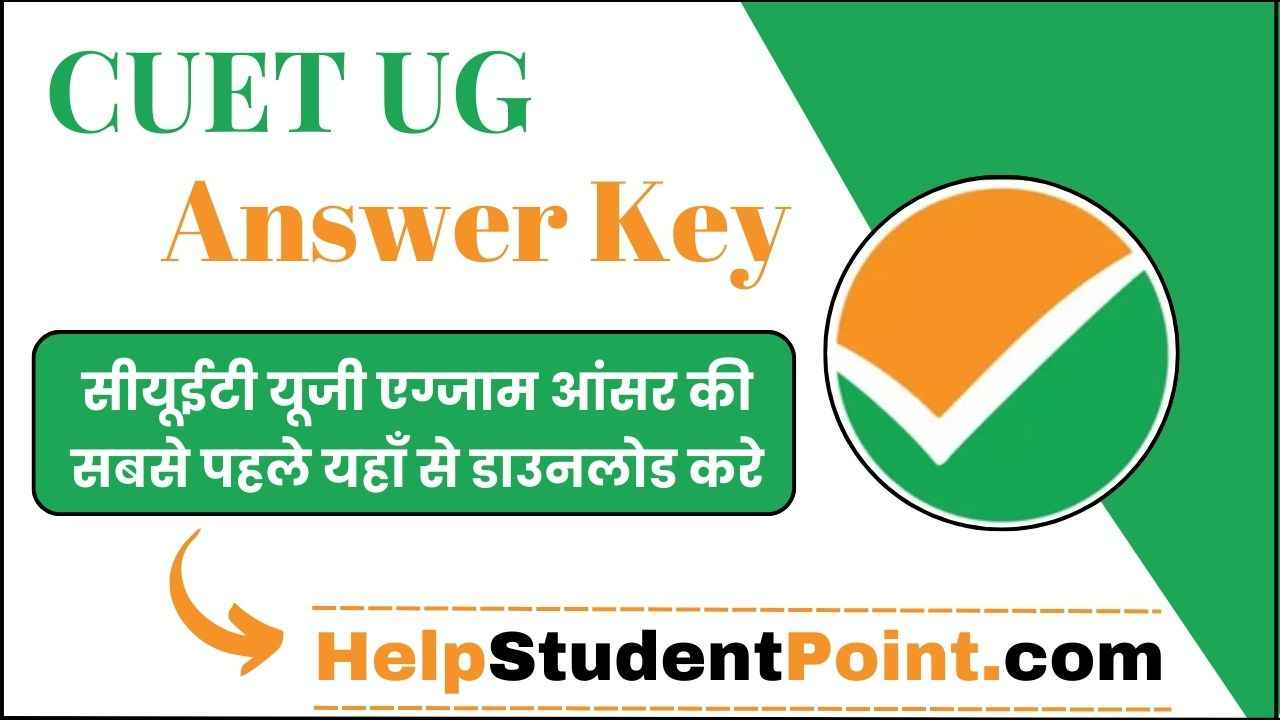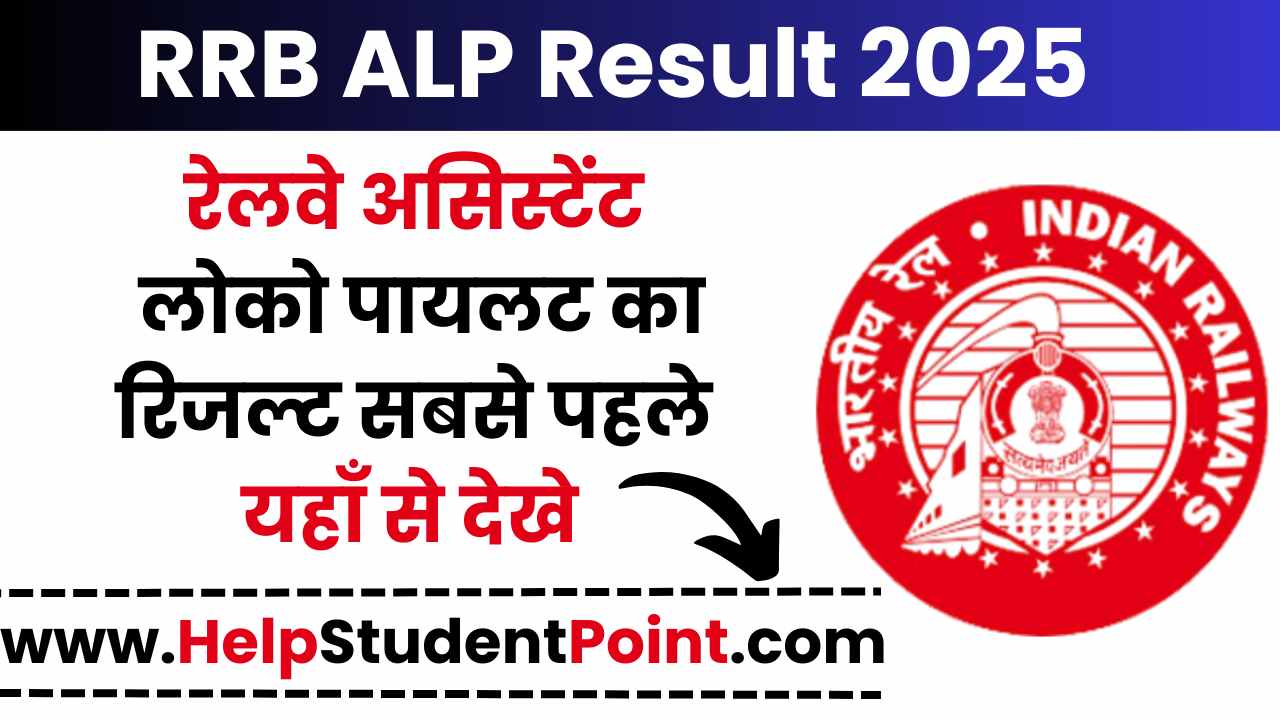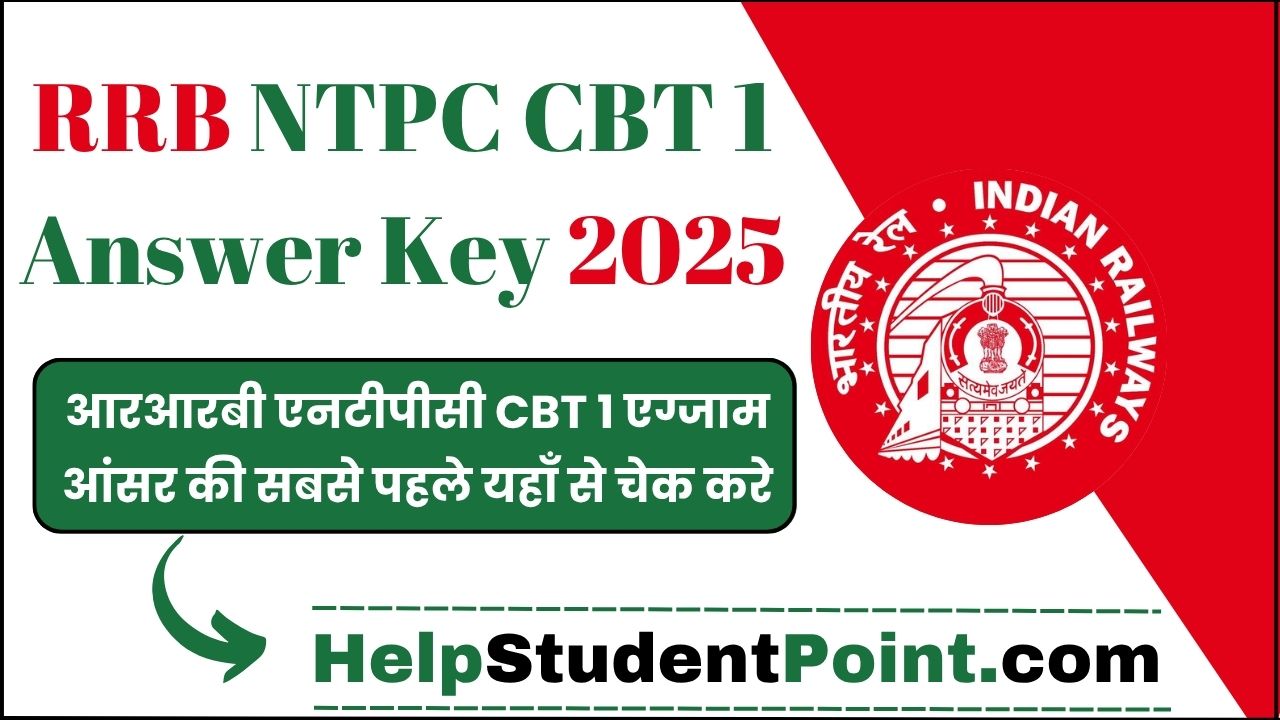UPSC CSE Commerce and Accountancy Optional Syllabus for Paper-I, UPSC CSE Commerce and Accountancy Optional Syllabus for Paper-II commerce and accountancy optional notes, commerce and accountancy optional books, commerce and accountancy optional success rate, ias commerce and accountancy notes pdf, highest marks in commerce and accountancy optional upsc, commerce and accountancy optional toppers, commerce and accountancy optional online coaching, commerce and accountancy optional paper
| UPSC CSE Commerce and Accountancy Optional Syllabus for Paper-I |
|
Accounting and Finance Accounting, Taxation & Auditing
- Financing Accounting :
Accounting as a financial information system; Impact of behavioural sciences. Accounting
Standards e.g., Accounting for Depreciation, Inventories, Research and Development
Costs, Long-term Construction Contracts, Revenue Recognition, Fixed Assets,
Contingencies, Foreign Exchange Transactions, Investments and Government Grants,
Cash Flow Statement, Earnings per Share.
Accounting for Share Capital Transactions including Bonus Shares, Right Shares.
Emplyees Stock Option and Buy-Back of Securities.
Preparation and Presentation of Company Final Accounts.
Amalgamations, Absorption and Reconstruction of Companies.
- Cost Accounting :
Nature and functions of cost accounting. Installation of Cost Accounting System. Cost
Concepts related to Income Measurement, Profit Planning, Cost Control and Decision
Making.
Methods of Costing: Job Costing, Process Costing, Activity Based Costing.
Volume-cost-Profit Relationship as a tool of Profit Planning.
Incremental Analysis/Differential Costing as a Tool of Pricing Decisions, Product
Decisions, Make or Buy Decisions, Shut-Down Decisions etc.
Techniques of Cost Control and Cost Reduction : Budgeting as a Tool of Planning and
Control. Standard Costing and Variance Analysis.
Responsibility Accounting and Divisional Performance Measurement.
- Taxation :
Income Tax: Definitions. Basis of charge; Incomes which do not form part of total
income. Simple problems of Computation of Income (of individuals only) under various
heads, i.e., Salaries, Income from House Property, Profits and Gains from Business or
Profession, Capital Gains, Income from other sources, Income of other Persons included
in Assessee’s Total Income.
Set-off and Carry forward of Loss.
Deductions from Gross Total Income.
Salient Features/Provisions Related to VAT and Services Tax.
- Auditing :
Company Audit: Audit related to Divisible Profits, Dividends, Special investigations, Tax
audit.
Audit of Banking, Insurance, Non-Profit Organization and Charitable
Societies/Trusts/Organizations.
Financial Management, Financial Institutions and Markets
- Financial Management :
Finance Function : Nature, Scope and Objectives of Financial Management : Risk and
Return Relationship.
Tools of Financial Analysis: Ratio Analysis, Funds-Flow and Cash-Flow Statement.
Capital Budgeting Decisions: Process, Procedures and Appraisal Methods. Risk and
Uncertainty Anlysis and Methods.
Cost of Capital : Concept, Computation of Specific Costs and Weighted Average Cost of
Capital. CAPM as aTool of Determining Cost of Equity Capital.
Financing Decisions: Theories of Capital Structure—Net Income (NI) Approach.
Net Operating Income (NOI) Approach, MM Approach and Traditional Approach.
Designing of Capital structure: Types of Leverages (Operating, Financial and Combined),
EBIT-EPS Analysis, and other Factors.
Dividend Decisions and Valuation of Firm : Walter’s Model, MM Thesis, Gordan’s Model
Lintner’s Model. Factors Affecting Dividend Policy.
Working Capital Management: Planning of Working Capital. Determinants of Working
Capital. Components of Working Capital—Cash, Inventory and Receivables.
Corporate Restructuring with focus on Mergers and Acquisitions (Financial aspect only).
- Financial Markets and Institutions :
Indian Financial System: An Overview
Money Markets: Participants, Structure and Instruments. Commercial Banks. Reforms in
Banking Sector. Monetary and Credit Policy of RBI. RBI as a Regulator.
Capital Market : Primary and Secondary Market. Financial Market Instruments and
Innovative Debt Instruments; SEBI as a Regulator.
Financial Services : Mutual Funds, Venture Capital, Credit Rating Agencies, Insurance and
IRDA.
|
| UPSC CSE Commerce and Accountancy Optional Syllabus for Paper-II |
|
Organisation Theory and Behavior
- Organisation Theory :
Nature and Concept of Organisation; External Environment of
Organisation—Technological, Social, Political, Ecomomical and Legal; Organizational
Goals Primary and Secondary Goals, Single and Multiple Goals; Management by
Objectives.
Evolution of Organisation theory : Classical Neo-classical and system approach.
Modern Concepts of Organisation Theory : Organisational Design, Organisational
Structure and Organisational Culture.
Organisational Design—Basic Challenges; Differentiation and Intergration Process;
Centralization and Decentralization Process; Standardization/Formalization and Mutual
Adjustment. Coordinating Formal and Informal Organizations. Mechanistic and Organic
Structures.
Designing Organizational structures—Authority and Control; Line and Staff Functions,
Specialization and Coordination. Types of Organization Structure—Functional. Matrix
Structure, Project Structure. Nature and Basis of Power, Sources of Power, Power
Structure and Politics. Impact of Information Technology on Organizational Design and
Structure.
Managing Organizational Culture.
- Organisation Behaviour :
Meaning and Concept; Individual in organization: Personality, Theories, and
Determinants; Pereception Meaning and Process.
Motivation : Concepts, Theories and Applications. Leadership—Theories and Styles.
Quality of Work Life (QWL): Meaning and its impact on Performance, Ways of its
Enhancement. Quality Circles (QC)—Meaning and their Importance. Management of
Conflicts in Organizations. Transactional Analysis, Organizational Effectiveness,
Management of Change.
Human Resources Management and Industrial Relations
- Human Resources Management (HRM) :
Meaning Nature and Scope of HRM, Human Resource Planning, Job Analysis, Job
Description, Job Specification, Recruitment Process, Selection Process, Orientational and
Placement, Training and Development Process, Performance Appraisal and 360° Feed
Back, Salary and Wage Administration, Job Evaluation, Employee Welfare, Promotions,
Transfers and Separations.
- Industrial Relations (IR) :
Meaning, Nature, Importance and Scope of IR, Formation of Trade Union, Trade Union
Legislation, Trade Union Movement in India. Recognition of Trade Unions, Problems of
Trade Unions in India. Impact of Liberalization on Trade Union Movement.
Nature of Industrial Disputes: Strikes and Lockouts, Causes of Disputes, Prevention and
Settlement of Disputes.
Worker’s Participation in Management: Philosophy, Rationale, Present Day Status and
Future Prospects.
Adjudication and Collective Bargaining.
Industrial Relations in Public Enterprises Absenteeism and Labour Turnover in Indian
Industries and their Causes and Remedies.
ILO and its Functions.
|
Frequently Asked Questions (FAQs) On UPSC CSE Optional Syllabus
Question- What is the UPSC’s Annual Programme (Calendar) of Examinations/RTs (Recruitment Tests)?
Answer – The UPSC publishes an Annual Programme (Calendar) of all the Structured Examinations/RTs conducted by it at least 6 months in advance (i.e. in June) for the Examinations/RTs to be conducted during the next calendar year. The Programme is uploaded on the UPSC’s website as also published in the leading news papers of the country. The date of issue of Examination Notice for each Examination is also mentioned in this Annual Programme.
Question- What happens if a candidate submits multiple online applications?
Answer – While a candidate should avoid submitting more than one online application, in case of doing so, the data provided in the last application (highest RID Number), that is successfully submitted online, is accepted by the Commission. All previous applications are ignored as these are amalgamated with the last completed & finally submitted application. If an applicant (who has already submitted an application successfully) wants to
make amendments in the application, then he has to submit a fresh application on or before the last date of submission of application of the Examination. Therefore, it must be ensured that fee is submitted against the
last online application only, which should also be complete in all respects including its final submission. Fee paid against one RID shall not be adjusted against any other RID number
Question- What action is taken by the Commission in case of submission of false information by the candidates?
Answer – A candidate found to be furnishing false information to the Commission or suppressing information, adopting various unfair means in the Examination like impersonation, cheating, etc., is liable to be disqualified
and/or debarred from writing UPSC Examinations as decided by the Commission. A detailed stipulation in this regard is incorporated in the Rules of Examination/ Examination Notices.




